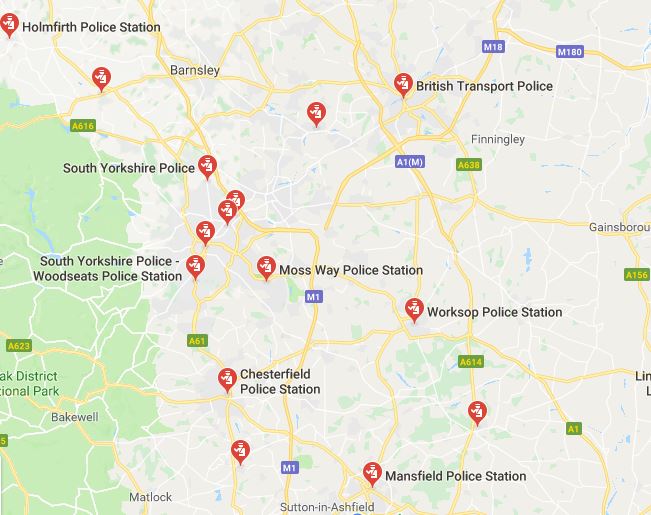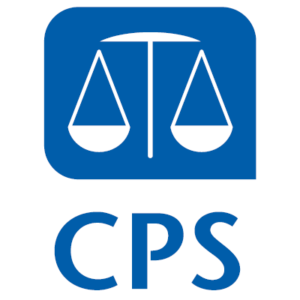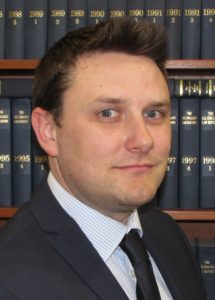This week from January 2018 provides a perfect illustration of the work undertaken by accredited police station representative Rob Lowe out of our busy Chesterfield office as he travels to provide expert police station advice.
Sunday
The week started with a visit to Chesterfield Police Station just after 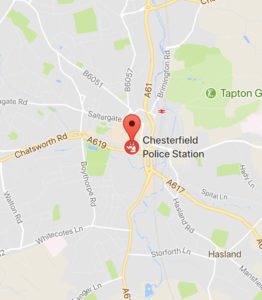 midnight on Sunday. The the police decided this would be the ideal time to interview to a client who had asked for the duty solicitor.
midnight on Sunday. The the police decided this would be the ideal time to interview to a client who had asked for the duty solicitor.
Luckily, Rob was offered plenty of strong coffee which was very welcome, because he was there until after two in the morning. He managed to get a few hours sleep before I was required back for 10 a.m. on the Sunday morning to provide a further three clients with police station advice in Chesterfield. Again, these had asked for the duty solicitor.
Unfortunately, he was back home in time to see Arsenal lose!
Monday
Monday started with a further visit to Chesterfield police station to represent a client who was answering police bail. Although this was a second visit to provide free legal advice and representation to our client, there is no additional fee payable to us under the legal aid scheme.
Immediately after this, Rob represented a client who had been asked to attend the police station for a voluntary interview. He had the good sense to have notified us the previous week that he would be  attending the police station and would wish free representation under the legal aid scheme.
attending the police station and would wish free representation under the legal aid scheme.
After dealing with that case, Rob got into his car and drove all the way up to Liverpool. He met his client at the city centre police station at 6pm. Again, he was attending voluntarily and had earlier informed Rob that the police wanted to interview him.
After that interview was completed, and the client had gone home, Rob wandered into the city centre for a bite to eat before travelling home through weather that was variously rain hail and then snow. He managed to be tucked up in bed by 11 p.m.
Tuesday
Tuesday began with a trip to Mexborough police station. This was to provide free and independent legal advice to a client who had 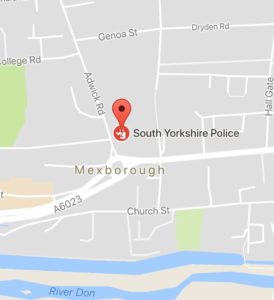 attended for a voluntary interview. Rob attended by prior arrangement, the client having contacted us in advance.
attended for a voluntary interview. Rob attended by prior arrangement, the client having contacted us in advance.
Rob was back in Chesterfield by lunchtime to represent another client at the Chesterfield police station. Again, this client had attended for a voluntary interview.
After concluding advice in that case , Rob went down into the custody suite to look after a client who had been to Court in the morning and had been represented by a colleague. He was unfortunately arrested for further offences when he left Court, and he asked for VHS Fletchers at the police station to provide advice and representation.
Wednesday
It was the firms turn to be duty solicitor again on Wednesday. Rob started the day by representing a client who had asked for the duty solicitor at Chesterfield Police Station.
A colleague then told Rob that a further client, who had been referred to us by a friend of his, was coming to the police station at 12 noon for a voluntary interview. He was met by Rob at that time and advice was provided accordingly.
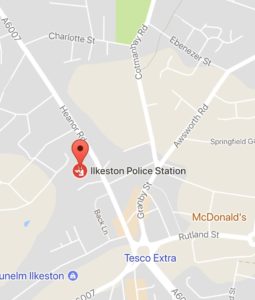 Another case was in the cells also ready for interview at 12 noon, so a colleague was drafted in to provide advice in that case so that there was no delay to the interview for that client.
Another case was in the cells also ready for interview at 12 noon, so a colleague was drafted in to provide advice in that case so that there was no delay to the interview for that client.
Once the voluntary interview was finished, Rob made his way over to Ilkeston police station to act as an agent for a firm of solicitors in London. They had a client who was attending for a voluntary interview but were unable to make the journey up to Derbyshire. Rob was was back home for 7:30p.m. for another late tea.
Thursday
Thursday started early due to the need to provide advice at Sheffield City Council offices. Rob represented a client who was being interviewed under caution for an allegation relating to improper use of a blue badge.
Rob then made his way back to Chesterfield Police Station to look after a client in custody who had been arrested and asked for representation from VHS Fletchers.
Rob made it home on time for a change, although this period of calm did not last long. He chose to assist a colleague who was on call by providing advice and assistance to a client who was being interviewed at Chesterfield police station.
Friday
Rob was not required at the police station on Friday. This provided a welcome opportunity to ensure that all of his paperwork was up to date from the week’s police station attendances.
Saturday
On the Saturday, Rob rested. Within the last seven days, Rob had provided free and independent legal advice to sixteen different clients.
In January alone Rob has attended ten different police stations in January – as well as Chesterfield, Rob has visited
- Grantham
- Clay Cross
- Ripley
- Hucknall
- Mansfield
- Eastwood
- Liverpool
- Mexborough
- Ilkeston
and one council office. The list will no doubt be even longer by the end of the month.
Contact us for free and independent police station advice
As we hold a legal aid contract we are able to provide our clients with free and independent legal advice when they are interviewed 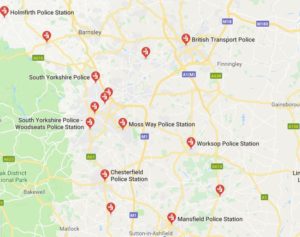 by the police. This remains the case whether a suspect is a volunteer or under arrest, whether the interview is in a police station or at another place such as their home.
by the police. This remains the case whether a suspect is a volunteer or under arrest, whether the interview is in a police station or at another place such as their home.
Police interviews are important. What a suspect says or doesn’t say can help in the decision as to whether court proceedings should follow an interview. As a result it is important that a suspect seek police station advice before answering questions. Other reasons to seek legal advice can be found here. We can help you decide if, and how, you should answer police questions.
Rob can be contacted at our Chesterfield office. Details of all of our offices can be found here. All of our telephone numbers are answered 24 hours a day, 7 days a week to ensure that you receive our expert police station advice when you require it.
Alternatively you can use the contact form below.

